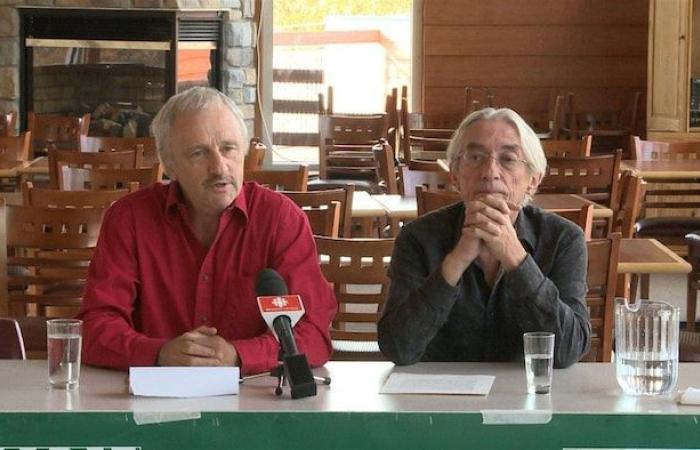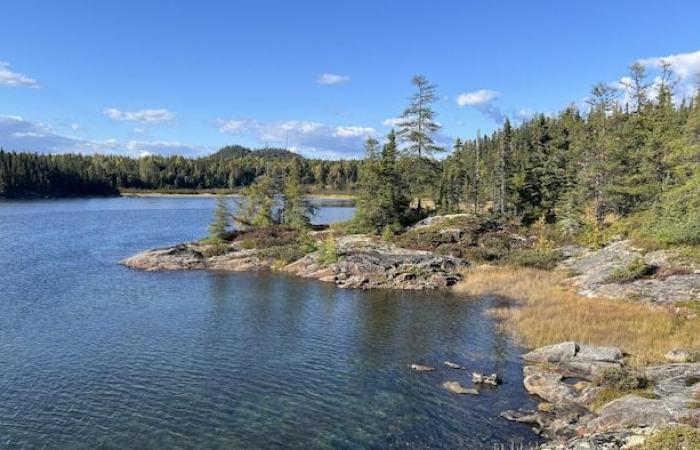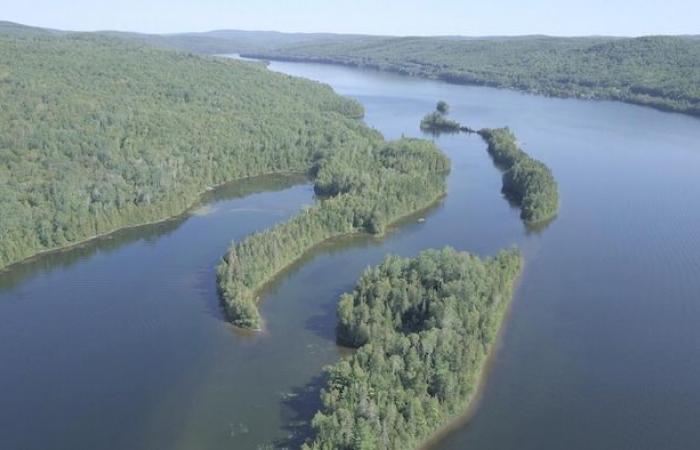Cities and MRCs affected by proposals for protected areas, presented as part of the Legault government’s call for projects, will ultimately have until January 10 to decide. Despite this delay, voices are being raised against “the veto” placed in the hands of local elected officials, which could nip several initiatives in the bud.
Project leaders for protected areas in the south of the province had until October 15 to send their files to the Ministry of the Environment.
According to the mechanism established by Quebec, they then had until November 29 to obtain a resolution of support from the MRCs and the cities concerned by the said projects.
Without these resolutions, protected area proposals will be considered incomplete and therefore not admissible. In other words, they would be automatically excluded and would not be submitted to the ministry’s regional consultation tables.
Open in full screen mode
Benoit Charette, Minister of the Environment of Quebec (Archive photo)
Photo : - / Sylvain Roy Roussel
At the request of certain MRCs and the Society for Nature and Parks (SNAP Quebec), the government’s partner organization in this vast project, the office of the Minister of the Environment, Benoit Charette, agrees to give more time.
- has in fact learned that it will shortly announce a postponement of a little more than a month, placing the new deadline at January 10.
According to our information, more than 400 protected area projects have been presented to the government. Of these, several risked being overlooked due to the too short deadlines imposed by the ministry.
Veto
disguised
Beyond the question of deadlines, voices are being raised and denouncing the very existence of these resolutions of support by cities and MRCs. For certain environmental groups, Quebec should submit all the proposals to the regional consultation tables, and not filter them straight away.
According to Action boréale, the resolutions of support represent a veto
made available to local elected officials, who thus find themselves having a right of life or death over projects, even before they are analyzed more seriously.
According to the organization, whose mission is to protect the boreal forest, this condition did not exist in the past and should not have been added by the ministry.
The fate of the projects is left to a political decision
local without real debate on ecological value
of a protected area proposal, deplores Henri Jacob, president of Action boréale.
An MRC can refuse to give a resolution of support for a project. This is a veto that makes no sense.
Open in full screen mode
The president of Action boréale, Henri Jacob (left), and the vice-president of the organization, Richard Desjardins (right).
Photo : Claude Bouchard
Lack of leadership
Action boréale believes that the MRCs do not have all the expertise to carry out such an analysis and should not be in a position to comment at this stage.
This is especially true since some simply do not intend to accept the projects as they are proposed, particularly where there are economic interests
. He cites as an example resource regions
such as Abitibi-Témiscamingue, Côte-Nord or Saguenay–Lac-Saint-Jean, where mining and forestry activities drive the economy.
This way of doing things is all the more criticized as Mr. Jacob recalls that the designation of a protected area is a process long, complex and difficult
which often extends over several years. According to him, it is obvious that an MRC does not have the time, in a few weeks, to carry out a real study of the benefits of a project.
Mr. Jacob is of the opinion that by proceeding in this way, Quebec releases himself from responsibility
and will place the blame for possible refusals on the MRC rather than on the government. He also fears certain rifts in the communities.
On this subject, the office of Minister Benoit Charette repeats that this step was added in order to ensure social acceptability
projects.
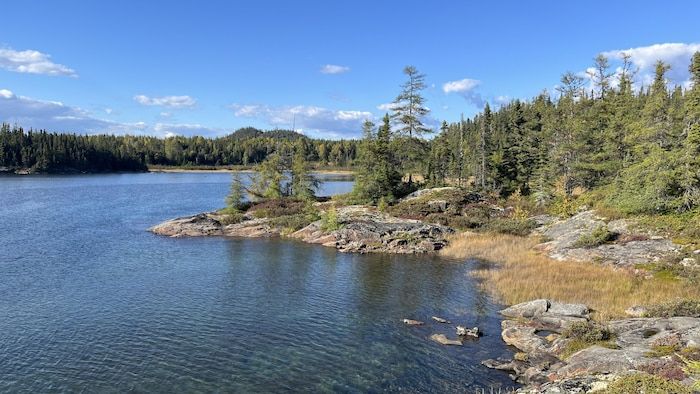
Open in full screen mode
The salt marsh of Petit-Havre de Matamec, near Sept-Îles
Photo: Coastal Trails
According to Mr. Jacob, the MRCs and the cities have a say, but not at this stage of the government’s approach. If Quebec removed the obligation for a resolution of support by local elected officials, he continues, the latter would have the opportunity to express their views, in the same way as industries and environmental groups.
The analysis of the projects, then the associated consultation period could, according to him, make it possible to reach compromises while ensuring that part of the proposed territories are protected.
If entire projects are rejected at the first stage, Mr. Jacob fears there will be ecosystem deficiencies
and that certain environments, such as the boreal forest, are not sufficiently represented in the province’s protected areas. We would have a big deficiency in certain ecosystems even if we reached the 30% target.
by 2030.
Excluding one of the largest ecosystems like the boreal forest is an aberration that doesn’t work.
Blind spots
The Nature Québec organization also expresses doubts about the process chosen by the Legault government. There are blind spots in this approach
says the general director, Alice-Anne Simard.
Some MRCs recognized that they did not have the expertise to analyze the projects submitted
she reports in turn. There are also MRCs who have not understood the principle of resolutions of support. This is not a green light for projects, it is a resolution to be able to move on to the analysis stage. It seems that some MRCs have not understood this; others did not want to understand and deliberately chose not to move forward.
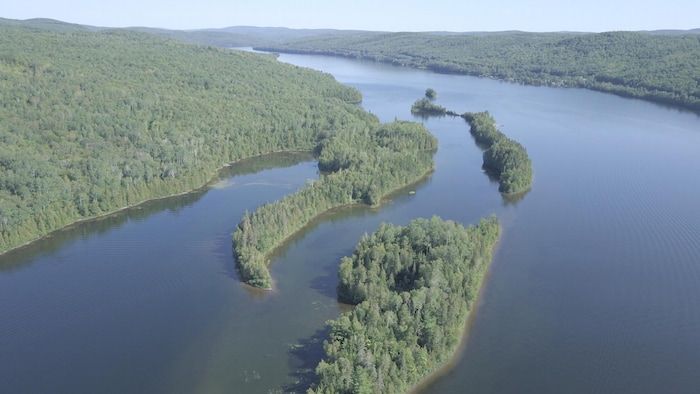
Open in full screen mode
Quebec must reach the target of 30% protected areas by 2030. The percentage is currently at 17%.
Photo: Courtesy of the Appalachian Hiking Club
According to Ms. Simard, the postponement of the deadline demonstrates gaps
in the approach of the Ministry of the Environment. She criticizes in passing a lack of communication
with the MRCs and project leaders.
Nature Québec asks that rejected projects can be evaluated despite everything. Ms. Simard believes that civil servants could, for example, give yourself the right
to reassess the fate of a rejected protected area, especially in regions where few proposals will have survived the first stage.
Quebec also plans to launch a second call for projects in 2027, still within the framework of its objective of protecting 30% of the territory by 2030.


